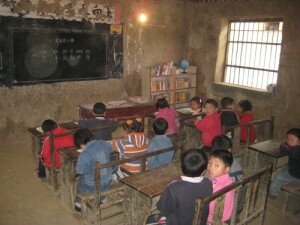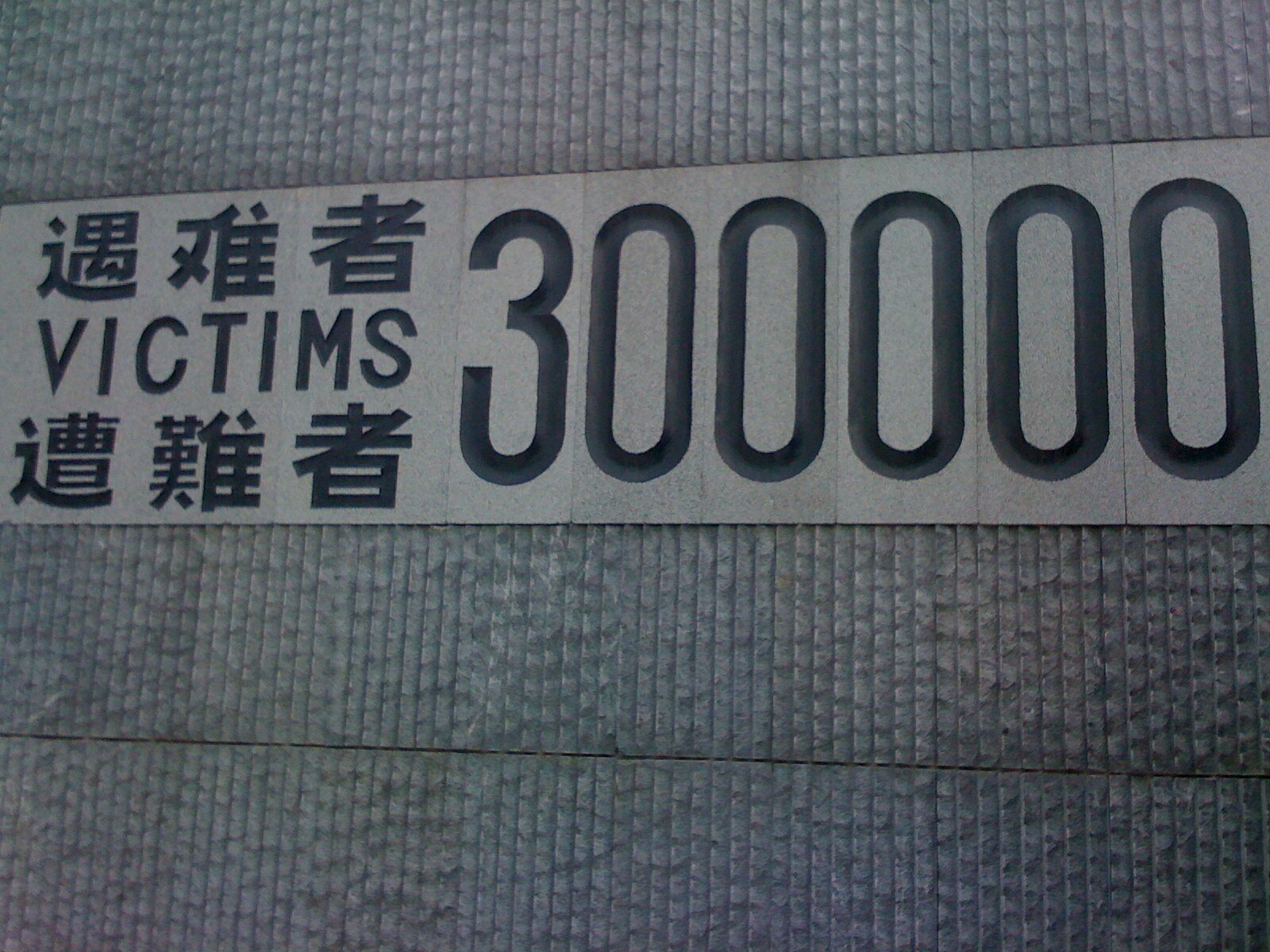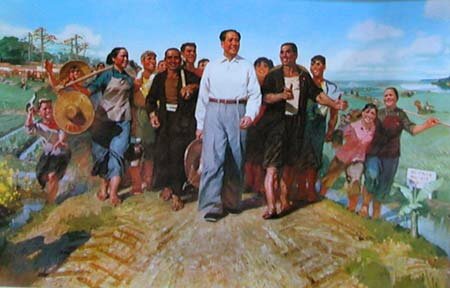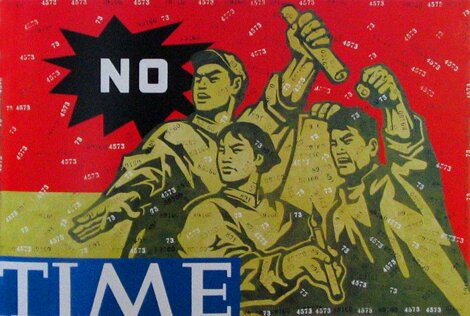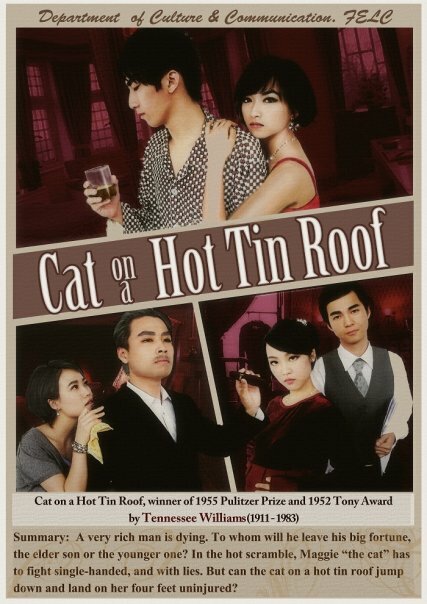海归,海带,海鸥 Part I
China’s narrow definition of educational success abroad
Academic and aristocratic people live in such an uncommon atmosphere that common sense can rarely reach them.
Samuel Butler
“To get into [ China’s #1 University] Tsinghua as an undergraduate, you have to score extremely well on a nationwide test,” Seth Roberts, a U.C. Berkeley professor emeritus of psychology. That is an understatement. A good score on the gaokao is the dream of nearly every college eligible student in China or rather it is the dream of every eligible Chinese student’s family. And subsequent sheepskins from brand name schools in China or abroad are what separate the social wheat from the chaff.
Roberts is part of a team to teach advanced psychology and happiness (somehow sad we have to study it to achieve it now) at Tsinghua University. It was formed this spring after knife attacks in kindergartens left 15 young children dead and turned the spotlight on mental health in China. Just walk through any major pedestrian area and, like the US, you’ll quickly spot many in need of help. Shenzhen, the industrial pride of south China has the highest rate of mental illness in China and the least number of rehabilitation beds per capita. All the assailants in the kindergarten attacks were alleged to suffer from psychological problems or grudges related to workplace or relationship problems. And following the “posioned Apple” problems at Foxconn, a computer and iPhone component manufacturing plant in southern China, where several workers committed suicide, the gap between China’s rich and poor, educated and better educated began to look harder to span.
One obstacle to happiness in China, Peng said, is the intense culture of competition: “When you have that many people all fighting to achieve the same narrowly defined goals, it becomes a zero-sum game,” he said. “That’s why we need to change the paradigm of what success means and come together for the greater good of Chinese society,” Peng added. “That’s why we need to talk about the science of happiness.”
Happiness is not a factor when Chinese parents think about the stiff competition facing their children. I had dinner with a magazine editor recently who filled his son’s days and nights with paid tutors in everything from Saxaphone to language test prep’ schools. His son plans to major in engineering though he told me once, with his head in his hands, that he really wanted to be an artist. The son showed me the sketch book that he has secreted away from his family for years. Despite being (not surprisingly) a bit dark, the sketches were extraordinary. He is one of dozens of students through the years that has opted to repay his parent’s financial assistance by fulfilling their dreams of being proud owners of an Ivy League graduate with a job at a well known company.
The last three years, at no charge, I have assisted 20 students in their quest to attend schools in America and Hong Kong. 100% of the students are enrolled in “top 30″ schools. “Top” is defined by parents as a recognizable name or a U.S. News and World Report ranked program. I have helped place students, with differing levels of aid, at Columbia, Carnegie, Colorado College, Penn State, Nebraska, Berkeley, Yale, and others. Many of them came to me as English majors looking to move into business or finance. Some of them had already employed the services of cram schools that extort up to $9,000 USD for recommendations (fake), Personal Statements and Resumes (also fake), and assistance in choosing a “Top 50″ school.
One student came to me bearing a random list of colleges, some excellent schools and some dubious at best, saying she had been told to choose up to eight specially and individually chosen colleges and universities for which the service would then prepare admissions documents needed for matriculation. I designed a test for these lists as it was clear that there was no real rhyme or reason to them. I asked the students to select only the top tier schools listed and return them to the service.
The intern/assistant at the college guidance center was making 1,500 RMB a month preparing fake documents and teaching ways to scam various admissions tests. She was only a college junior herself and when presented with the list of top schools by my student she paled and said, “You need to pick some easier schools. These may be too good for you.” I wondered why they would recommend those schools if the candidates were not qualified for them in the first place. No mention was ever made of the reasons for their decisons and the intern did not even know when queried what programs of study were available at the schools listed. Note: They only get their full fees if the student is admitted to a school. To ensure their financial futures they throw in “ringers” of two types:
1. Schools they know will admit anyone who can pay full tuition.
2. Schoos that pay the service referral fees of up to 20% of each year’s tuition.
The intern finally capitulated and then handed my charge her doctored personal statement and letters of recommendation. They were loaded with errors: Chinglish spelling and grammar mistakes. One of the letters was purportedly written by a famous Chinese native English Professor (who likely gets a fee for each letter bearing his name) who could not possibly have penned such drivel.
I corrected the personal statement (PS) and the letters and sent my student back to the intern with the new versions. I had also removed the glaring buzzwords like “self motivated”, “creative”, “democratic leader” that appeared with an annoying frequency throughout the documents they said were created using a secret formula. Kentucky Fried Admissions. The intern consulted with her boss, who had been told that an American Porfessor had edited their work. She chastised the student and vilified my efforts: “He has turned a rich cup of tea into a glass of water!” She also was verbally chastened for having a foreigner involved: “The American cannot possibly understand the Chinese mindset and will fail in getting you admitted.”
Near the same time I was amending the documents I also called admissions directors at the best schools on the list. We found later that the service had not prepared additional documents and essay questions needed to assure entrance into these more elite schools. The student, guided by me, submitted them on her own and said nothing to the sevice. And we added one more top school not on the service’s list and applied without telling them.
The student was admitted to every school to which I assisted in preparing materials. The service claimed responsibility for the success and is now sporting news of her admissions in a forged testimonial on their website. Of the dozens of students who successfully were placed by the service my student was the only one admitted to a U.S. News ranked college.
This is not a story about my acumen as an adviser, but a cautionary tale for Chinese parents desperate to advance their student’s careers. These cram scools and services only exist to make money, not to serve the real needs of the student. One such service, NASDAQ listed, is building nearly 100 new centers to fleece well-to-do parents out of their hard earned Yuan. Their happiness lies in a good quarterly report and a high placement rate regardless of the school’s real impact on the student’s well being or future quality of life.
Sea turtles (Those who return and contribute to China with their newfound skills) will be a catalyst for creativity,” predicts Henry Wang Huiyao of the Western Returned Scholars Association. Sea Weed drifts without purpose and has little to offer. Too many schools, now that education has industrialized, care little for the endowments success will bring and do not mind returning students home that they may never see again. Haio is a seagull and implies that one is free to come and go and represents students who have successfully integrated eastern and western thought so well that they can travel freely to and from a foreign country.
There are some good centers, good eastern-looking western institutions as well as some competent prep schools out there. They are few and far between.
In coming posts I will also examine the explosion of 2+2 and 1+3 degree mills that now prey on wealthy students who under-perform on Chinese entrance exams. They give a year’s worth of expensive preparation in cooperation with schools in the UK and US who have lowered their standards in an effort to raise their bottom lines along with false hopes for the wealthy parents who finance their operations.
American Professor in China,China Editorials,Chinese Education,Cross Cultural Training,Education in China,Intercultural Issues,Macau University of Science and Technology,Macau University of Science and Technology,New Oriental,中国
